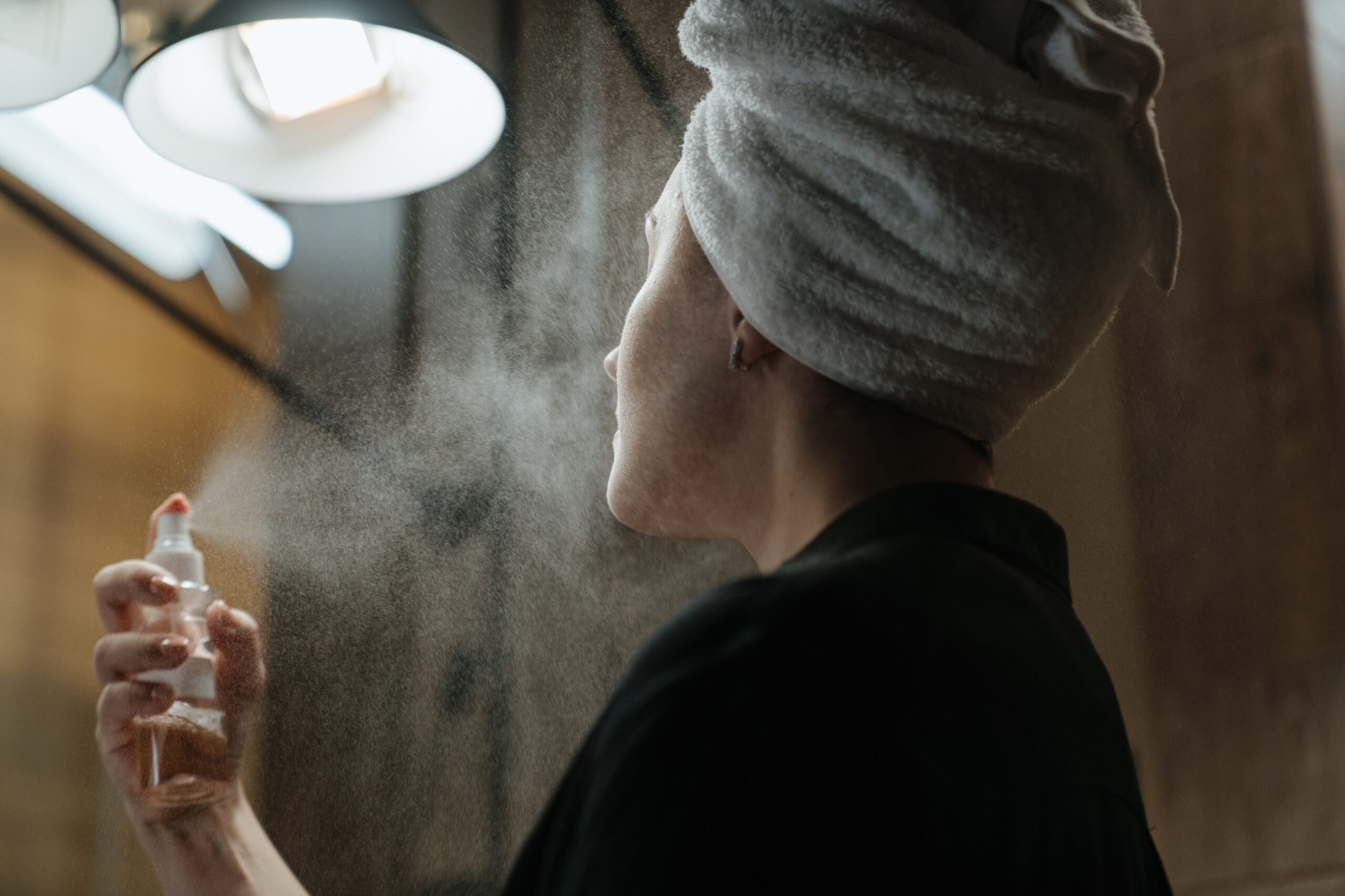
As much as we like to think that consumers are always looking to try new beauty products, the Ipsos survey finds most consumers are satisfied with the products they currently use and are available today.
Over 80% agreed with the statement “My personal beauty and grooming needs are met by products I can buy today.” Further a majority (55%) are likely to “choose a trusted brand that I know over a new brand that I haven’t used before,” with the same percentage (55%) saying “I am loyal to the face, body, hair or beauty care items I use.”
Thus, it is no surprise that Estée Lauder and L’Oreal both posted such strong results recently, with EL net sales up 9% and L’Oreal up 5.5% last year. Both companies own a plethora of well-established and trusted beauty brands, ranging from mass to prestige. Both companies also acquire emerging brands, but not until they have a proven track record.
And each companies’ well-earned reputation allows them to introduce new products and brands under their umbrella with less risk than an emerging brand faces. Reputation Institutes’ 2019 Global RepTrak study ranks L’Oreal No. 49 and Estee Lauder No. 53 among the world’s most respected brands.
Consumers’ preference for brands they know and trust poses challenges for new beauty brands to breakthrough. New brands must offer something really new and different to pull people away from what they are using now.
Natural, clean, and sustainable beauty can get them to switch
When it comes to product features that attract beauty buyers to new brands, natural, clean and sustainable are what they are drawn to. Two-thirds said, “I would be interested in trying new products from other brands if they are natural,” and 59% agreed, “I would be interested in trying new products from other brands if they are clean.” New sustainable brands also attract the interest of 55% of those surveyed as well.
Natural, clean and sustainable, while close, are not synonymous. Natural according to the survey means products that are 100% made from naturally-occurring ingredients with nothing artificial. Interestingly, only 25% of customers believe natural also means organic.
Clean signifies products that are healthy and free from “bad” ingredients, with nothing artificial added. Sustainable refers to how the product ingredients are sourced, being sustainably produced with little impact on the Earth’s natural resources. Using recycled and recyclable materials is also associated with sustainable beauty products.
Manufacturing beauty products to meet one or all of these criteria – natural, clean and sustainable – is a particular challenge for the major brands due to their scale. R. Alexandra Keith, CEO of Proctor & Gamble Beauty, said, “If the entire industry switched to organic and natural materials, it would be a problem for the Earth and for food sources.”
So in meeting the need for natural, clean and sustainable beauty, the advantage goes to smaller brands that don’t have the scale challenges of bigger ones.
